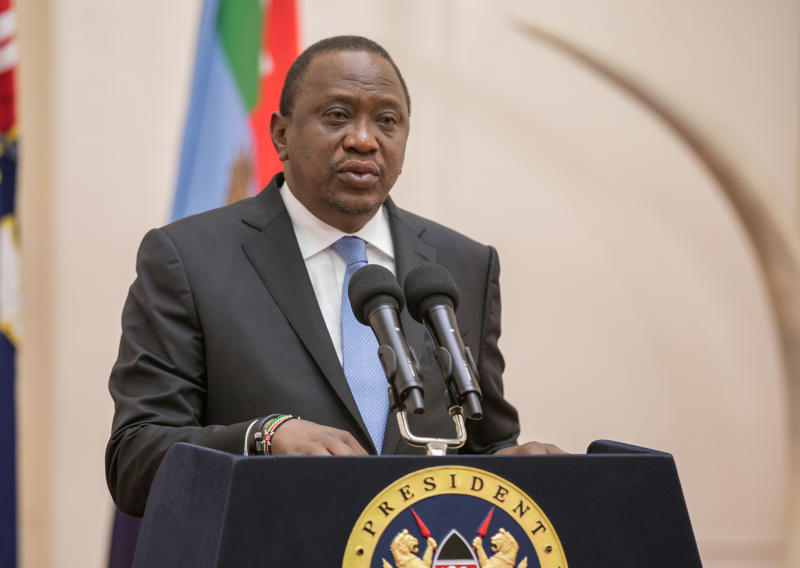×
The Standard e-Paper
Kenya’s Boldest Voice

During last week’s State of the Nation address, President Uhuru Kenyatta told Kenyans that the new taxes and austerity measures were due to the high cost of funding the new constitution, particularly devolution.
“The 2010 Constitution widened Kenya’s democratic space,” he said. “It also fundamentally altered the structures and functions of government. We now have two houses of government, the National Assembly has grown from 290 to 349 members and our new Senate has 67 elected and nominated members,” he said.